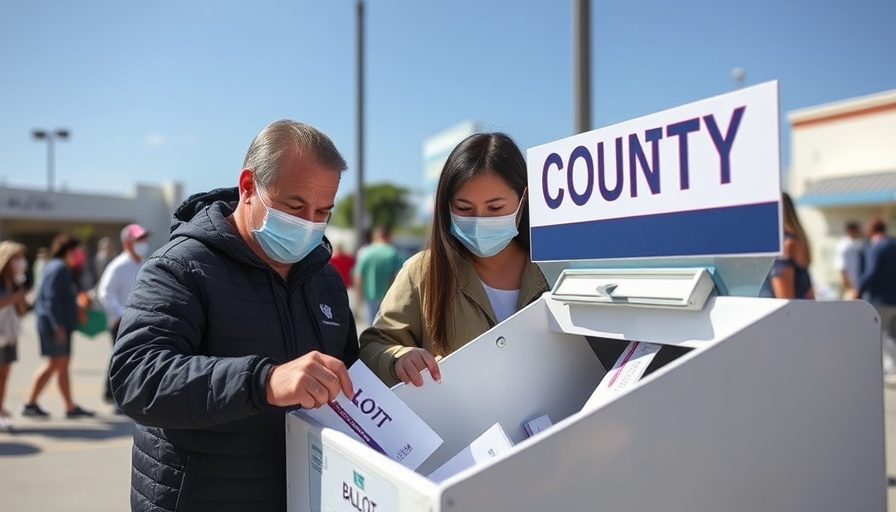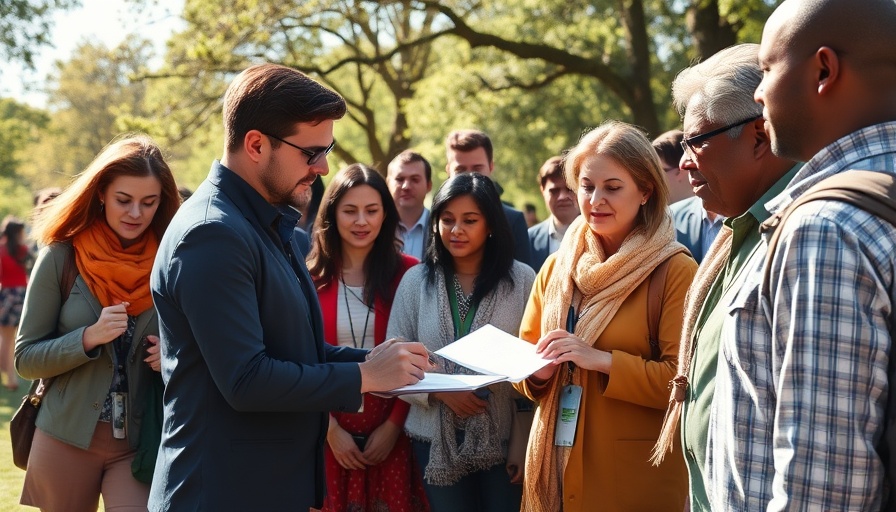
Miami Mayoral Election Postponement Sparks Heated Protests
Tensions are escalating in Miami following a narrow city commission vote to delay the upcoming mayoral election by one year. This controversial decision, which shifts the election from November 4, 2025, to November 3, 2026, has been met with fierce opposition from candidates, political leaders, and concerned citizens.
Prominent mayoral candidates Michael Hepburn and Emilio Gonzalez were among the protesters rallying against the commission's choice, arguing that it undermines democratic processes and erodes public trust. Hepburn, who recently paused his campaign to advocate for a recall of Commissioner Damian Pardo—who sponsored the delay—asserted, "This needs to go to a referendum; that’s what this is all about." Gonzalez emphasized that the decision is not just undemocratic but dangerous, expressing a desire for a direct say from voters.
Legal Concerns and State Reactions
The postponement has attracted scrutiny from state officials, including Florida Attorney General James Uthmeier. In a letter to city leaders, Uthmeier warned that changing election timelines without voter approval is unconstitutional, a sentiment vigilantly echoed by Governor Ron DeSantis, who labeled the move as “wrong.” Both raised alarms about the implications of delaying elections in a city with a significant Cuban-American population, highlighting the community's sensitivity to authoritarianism.
The Community's Voice: A Call for Action
Citizens across Miami are expressing growing concern about the potential ramifications of this decision. Many fear it could set a dangerous precedent for disregarding electoral integrity. With public sentiment on edge and influential leaders promising legal action, the pressure is mounting for a reconsideration of the commission’s vote.
This unfolding situation serves as a reminder of the fundamental value of democratic participation and the need for transparent governance. With the spotlight firmly on Miami, civic engagement and community activism may prove essential in shaping the future of the city’s political landscape.
 Add Row
Add Row  Add
Add 




Write A Comment